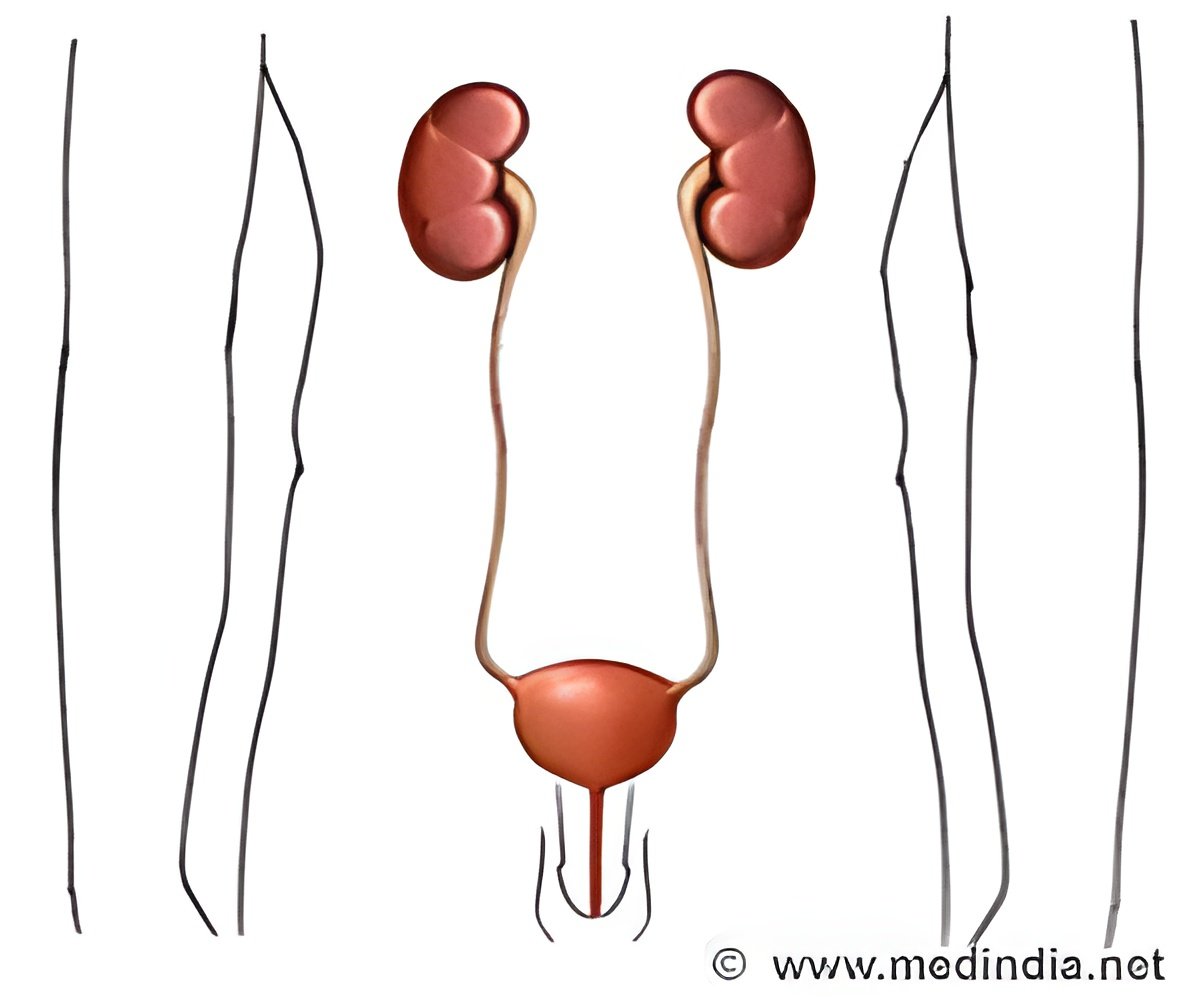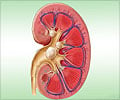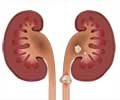People who have kidney stones are at are more likely to develop more serious kidney problems later in life, suggests a study.

So a team of researchers in Canada and the USA set out to investigate whether the presence of kidney stones increase the risk of kidney failure or other adverse outcomes such as chronic kidney disease or raised blood creatinine levels (a sign that the kidneys are not working normally).
They tracked over three million patients for an average of 11 years. Hospital records were used to identify episodes of kidney stones and subsequent development of chronic kidney disease, kidney failure or raised creatinine levels.
A total of 23,706 (0.8%) patients had at least one kidney stone during follow-up, of whom 4% developed late stage chronic kidney disease, 6,581 (0.3%) experienced sustained doubling of creatinine levels and 5,333 (0.2%) developed kidney failure, compared with those without kidney stones.
In absolute terms, the rate of adverse renal outcomes associated with stones was small: 2.48 per million person days in people with one or more episodes of stones compared with 0.52 per million person days in people without stones (a "person day" is the number of days of follow-up multiplied by the number of people in the study).
The associations remained after adjusting for several other possible risk factors.
Advertisement
The authors suspect that the calcification process involved in the formation of kidney stones may be a possible cause of later renal damage, while obstruction leading to progressive scarring may also be a factor.
Advertisement
Source-Eurekalert













